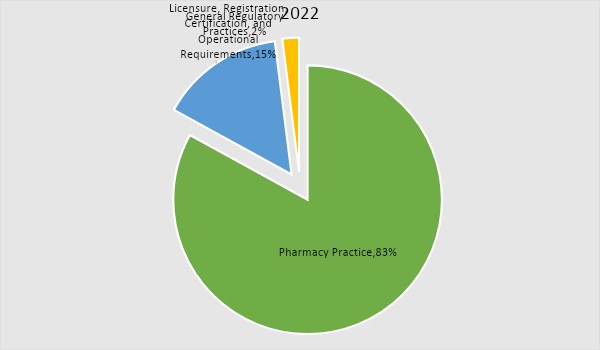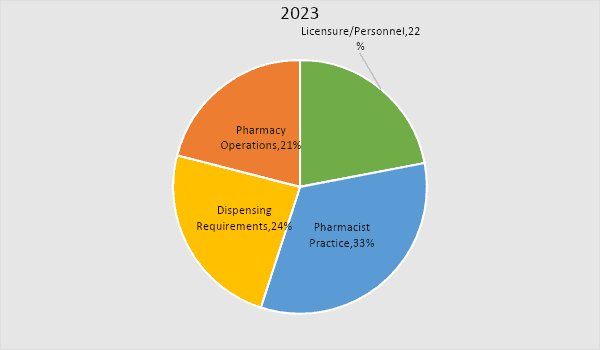What are your personal strong points and weak points in pharmacy law? You might need a hand in figuring that out. You’re probably already aware that the content structure for the NY MPJE® (and in any state!) is a moving target in a few ways. Are you up to date on recent legislative changes in NY and in the country? And looking bigger picture, are you studying according to the most recent NABP blueprint?
Neither of these two moving targets moves exceptionally fast, but you absolutely must calibrate your aim when they do. Through the end of 2022, the NABP had been mapping the MPJE® to 3 categories, which in truth were one huge category, a much lesser category, and a catch-all bucket for the sake of thoroughness. What used to be 1.5 categories masquerading as 3 is now properly distributed as 4 much more balanced topics.


These updates were scheduled to go live as of January 1, 2023, but the NABP still points to the previous content blueprint as what test-takers should study. Just like staying laser-focused on whether a question is asking about NY or federal rules, you are going to need every resource available to stay on top of things.
It doesn’t help the situation that pass rates are still on the decline. The NABP publishes its pass rates every year, and the current trend of consistent slipping downward is clear.

It’s possible that the planned change-up of the blueprint was intended to bolster the numbers by making the content more balanced and approachable. Exam Master has the tools needed to approach the MPJE® with the best foot forward. Practice exams with weighted score reporting and detailed explanations are the most comprehensive challenge you can aspire to in your studies. And we provide a full report on NY’s state-specific legislation to streamline your research.
Let’s kickstart your NY MPJE® study with this question.
A retail pharmacist is filling prescriptions from a prescriber for the treatment of opiate addiction.
What substances can the pharmacist fill prescriptions for? Select all that apply.
A. Dolophine
B. Levo-alpha-acetylmethadol (LAAM)
C. Methadone
D. Suboxone
E. Subutex
Knowing what you know, or at least knowing what you will need to know, there are several reliable steps to take.
- Take in the scenario. Which details are most relevant in this situation?
- Is this testing you on state or federal rules? Is there a difference? Which will prevail?
- Select all that apply! Do you know which combinations of answers are possible?
- Fortunately, all the options are straightforward and simple, no tangled-up legalese.
- Has NY passed any new legislation on this content recently? They just might!
- Where will this question fall in the blueprint? Exam Master’s score reporting will guide you through that process.
We take a lot of care putting this material together as faithfully as we can to the MPJE® while heavily leaning into how much utility you can get out of each question. Exam Master wants you to make the most of your study time and resources. If you feel a little squeamish after this content dissection, that just means you’re committed to rejuvenating the passing rate for 2023 and the future!
Learn More About Our New York MPJE Study Systems Here.